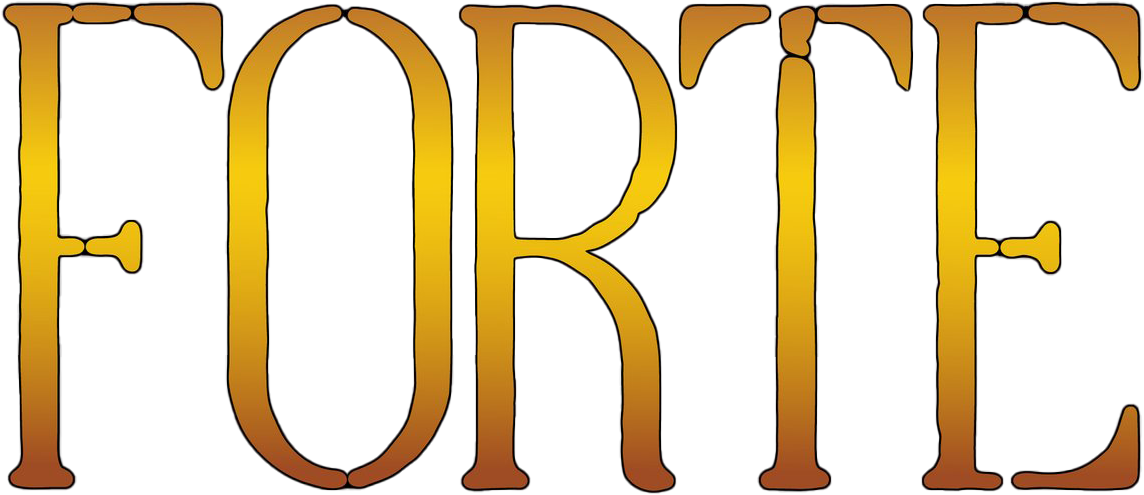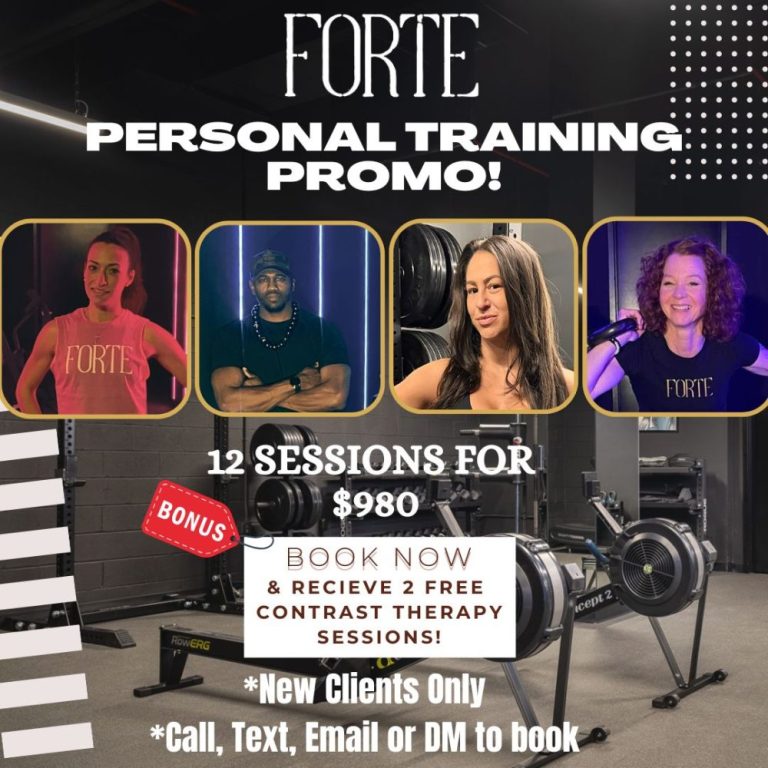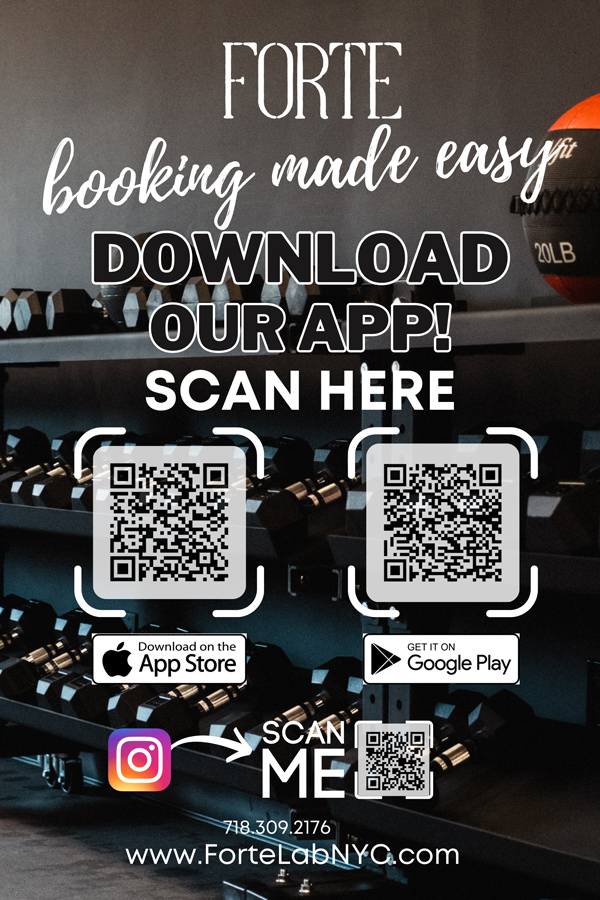Achieving fitness goals isn’t just about working out—it’s about eating the right way, too. Nutrition is key to maximizing performance, achieving physique goals, and recovering. Here’s how to use nutrition and your food choices to your advantage.
UNDERSTANDING NUTRITION IN FITNESS
Nutrition is nourishment for daily activities, but it also fuels your workouts and aids muscle repair and growth. Balancing your diet with the right macronutrients is critical for balancing your fitness.
Your plan can – and probably should be – customized to your specific needs. Having a nutrition plan that is easy for you to follow, fits your lifestyle and fitness goals, and is sustainable helps make the road to progress much easier.
A well-planned diet can also increase your energy levels and enhance performance. Carbs – often thought of as “the bad guy” – and fats provide the energy for intense workouts and longer-duration bouts, while proteins are vital for muscle repair and growth.
Fueling your workouts with carbs and fats before you exercise and supplementing recovery with proteins and complex carbs post-workout is one of the more optimal ways to fast-track your health and wellness success.
SUPPORT FOR WEIGHT MANAGEMENT, LONG-TERM HEALTH, AND OTHER BENEFITS
Nutritional guidance and a comprehensive understanding of food help create a diet plan that aligns with your goals—whether it’s fat loss, muscle gain, or weight maintenance—ensuring your body is well-nourished.
Proper nutrition also contributes to your mental well-being, enhancing cognitive function, and memory, and even helping regulate mood through the gut-brain axis.
Developing a healthy, non-restrictive relationship with food can also improve your views about food, preventing emotional eating and encouraging better choices in peer pressure situations, like those with alcoholic drinks or other indulgences.
Abstaining from overeating and listening to your intuition when it comes to nutrition can help mitigate the risks of cardiovascular disease, diabetes, and certain cancers as we age.
While personal trainers can offer basic nutritional advice, consulting a registered dietitian or nutritionist for specialized needs is recommended. Learning about portion sizes, nutrient timing, and meal planning from a trained professional can tremendously support your fitness goals.
NUTRITION – A NECESSARY FITNESS COMPONENT
It’s often said that “abs are made in the kitchen.” This is a euphemism for not being able to out-exercise a bad diet. Neglecting the nutritional component of your fitness journey will leave a lot to be desired.
The amount of exercise required to achieve certain physique or performance goals may be more difficult without a proper nutrition regimen. Having a full understanding of macro and micronutrients, satiety and habit-forming can literally take you a long way in life.






